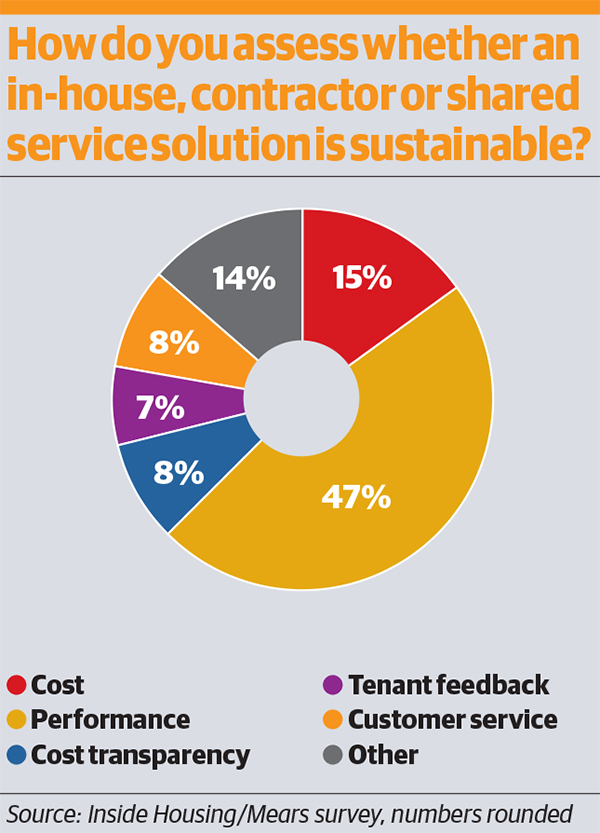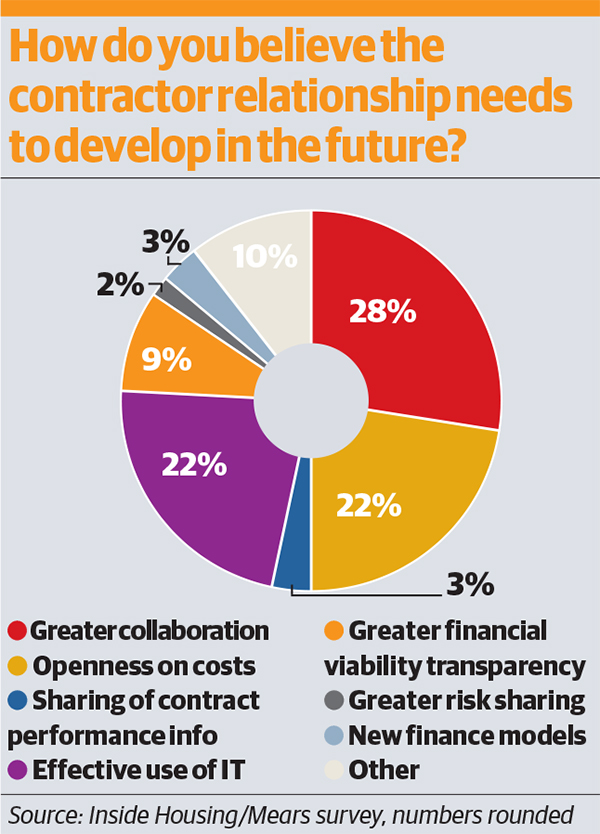The Ministry of Housing, Communities & Local Government’s (the Department’s) objective for housing in England is to: “support the delivery of a million homes by the end of 2020 and half a million more by the end of 2022 and put us on track to deliver 300,000 net additional homes a year on average”. The Department has implemented a range of measures to achieve this, including reforms to the planning system.
Here is the report:
This report is part of a series on housing in England, including Housing in England: overview (2017) and Homelessness (2018). It assesses how effectively the Department supports the planning regime to provide the right homes in the right places by:
- supporting local authorities to produce plans for how the supply of new homes will meet need in their area;
- supporting local authorities and the Planning Inspectorate in having effective and sufficiently resourced planning processes and teams to deal with planning applications and appeals; and
- working effectively with local authorities, other government departments and developers to ensure infrastructure to support new homes is planned and funded.
NAO says in conclusion:
The Department has set out a challenging ambition for 300,000 new homes a year from the mid-2020s, together with supporting infrastructure.
The planning system is a key element in facilitating this. However, looking across the landscape, from the setting of the need for new homes, to the reductions in local authority capability, the under-performing Planning Inspectorate and failures in the system to ensure adequate contributions for infrastructure, it is clear that the system is not working well.
Given these problems, the NAO suggests cannot conclude that the planning system currently provides value for money in terms of delivering new homes effectively.
The Department understands the shortfalls in the planning system and its new planning policy framework aims to address some of these, such as the system for contributions from developers. However, it is too early to say how effective the new framework and proposed reforms will be in bringing about the level of change needed. The Department and government more widely need to take this much more seriously and bring about improvement if they are to meet their ambition of 300,000 new homes per year by the mid-2020s.

